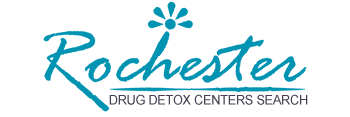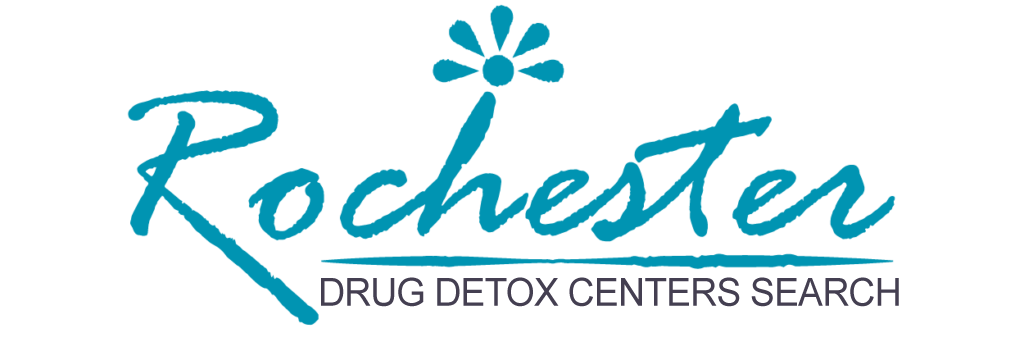Relapse Prevention Programs in Rochester, NY
Overcoming a drug or alcohol addiction is not an easy process. Relapse prevention is what Drug Detox Centers Rochester strives for. Whether you have issues with alcohol, prescription medications, or illicit street drugs, multiple levels of treatment are required to break the bonds of addiction. The drug treatment process often begins with an intervention, with drug addicts often in denial about the existence or extent of their drug problem. Detox is then initiated, including the administration of medications when needed.
Residential and outpatient rehab programs are designed to follow detox, including behavioral therapies, 12-step facilitation, and relapse prevention programs. Relapse prevention programs are crucial to the treatment process, with patients likely to return to drugs unless they are taught dedicated prevention techniques. If you know anyone in Rochester who is struggling with a substance use disorder, let Drug Detox Centers Rochester be your guide to recovery and relapse prevention.
What is Relapse?
Also known as recidivism, relapse describes the return of a past medical condition. In the context of drug treatment, relapse takes place when someone returns to drug or alcohol use following a period of abstinence. Relapse can occur at any time, with dedicated relapse prevention programs and systems needed at each stage of the drug treatment process. According to the National Institute on Drug Abuse (NIDA), between 40 and 60 percent of all drug treatment admissions relapse at some stage. In order to understand why relapse is so common, it’s important to understand more about the nature of addiction and how it influences the treatment process.
What is Addiction?
An addiction is defined by the compulsive engagement in rewarding stimuli despite negative consequences. While behavioral addictions such as sex addiction and gambling addiction are also common, most drug treatment centers deal exclusively with substance use disorders. Drug addictions are a learned response to repeated drug exposure, with withdrawal symptoms occurring as the brain reacts to the lack of certain substances and associated neuronal connections. Both physical-somatic and emotional-motivational withdrawal symptoms are possible depending on the substance and extent of addiction.
The Stages of Relapse
Relapse is often treated as a series of progressive events that take place slowly over a period of time. While relapse can describe a single event marked by a return to drug or alcohol use, there are normally lots of emotional and mental warning signs that take place first. Common signs of emotional relapse include mood swings, anger, frustration, anxiety, depression, and social isolation. Common signs of mental relapse include drug fantasies, drug cravings, romantic notions of drug use, and spending time with drug-taking friends. It’s important for recovering addicts to stay engaged with professional treatment throughout the recovery process so they can learn how to recognize these events as they take place.
Trigger Recognition and Mindfulness
Typical relapse prevention programs include dedicated measures to help patients recognize triggers, avoid high-risk situations, and develop new coping skills. Trigger recognition strategies play an integral role in this process, with mindfulness and meditation techniques often applied to help patients become more aware of their sensations, thoughts, and feelings. If you know anyone in Rochester who needs to access relapse prevention programs, just call Drug Detox Centers Rochester to speak with one of our caring recovery advocates.


